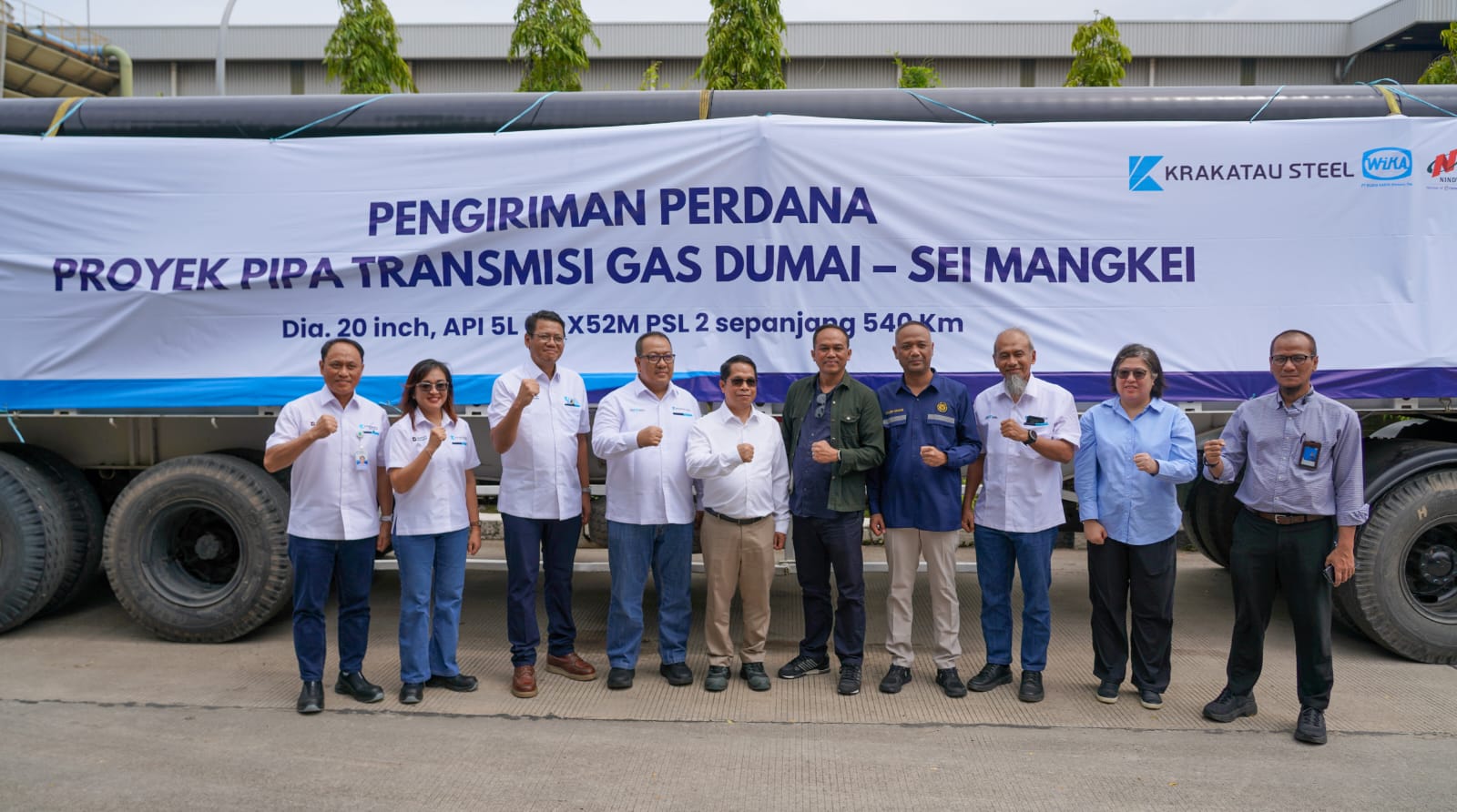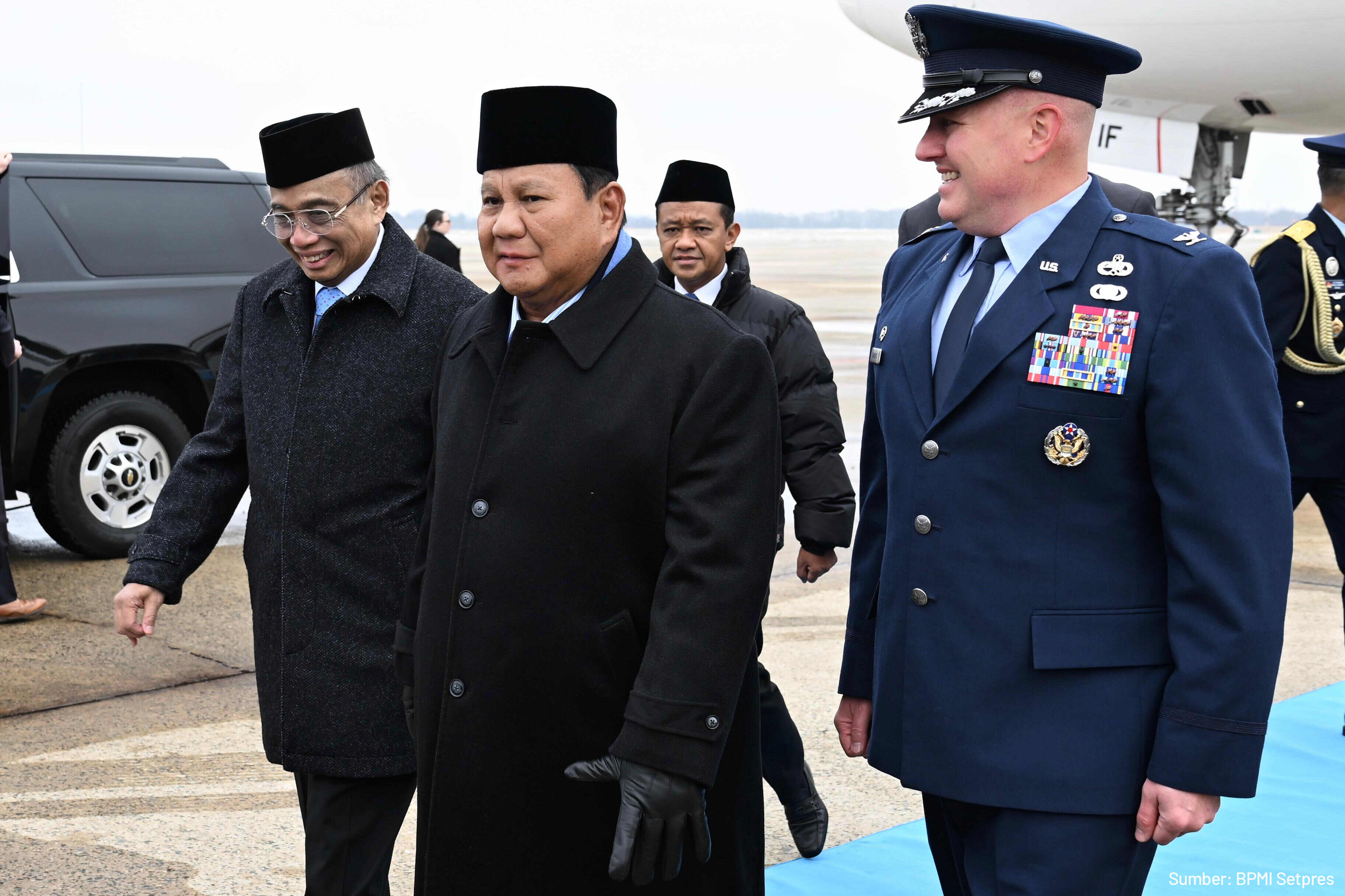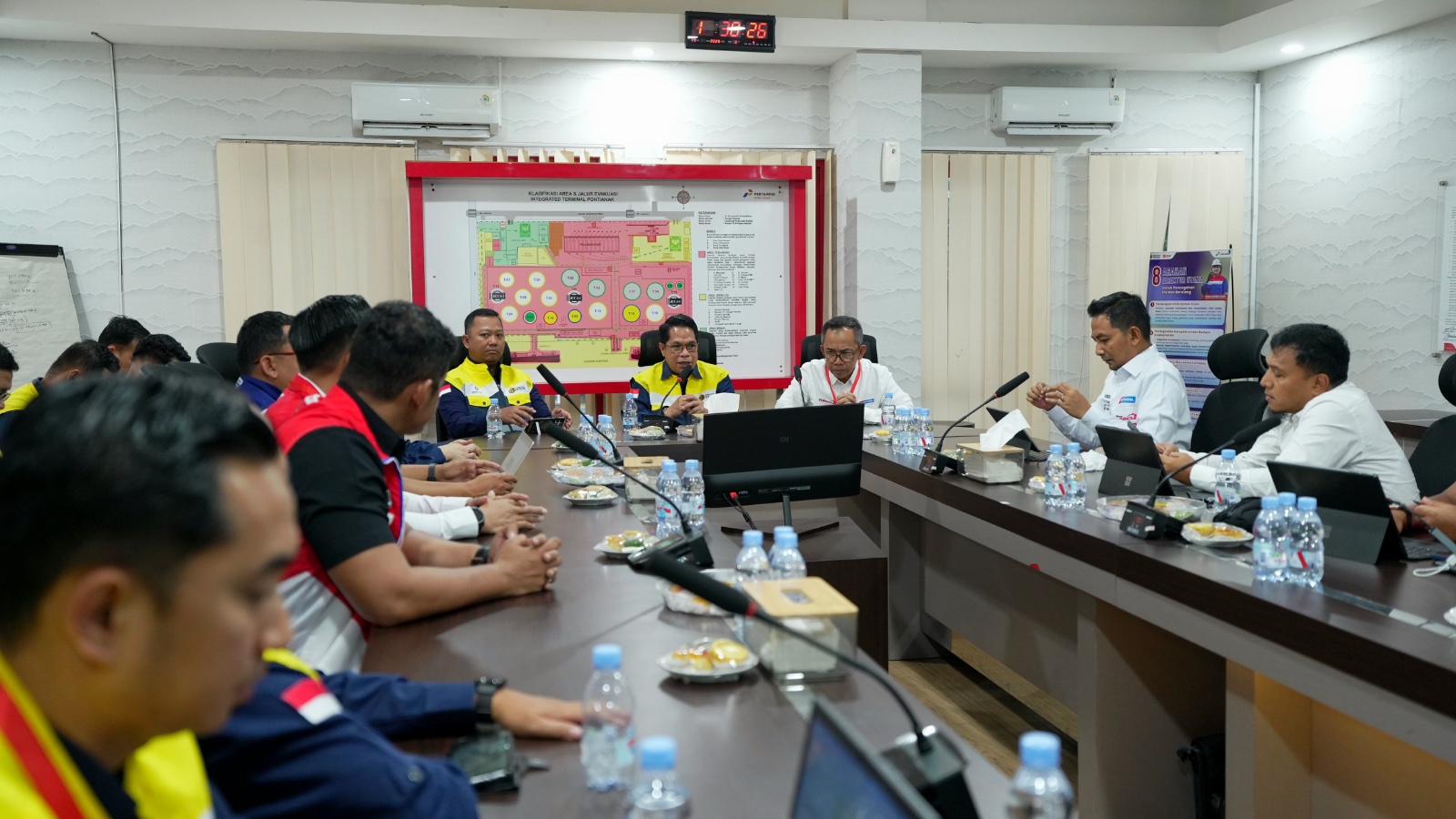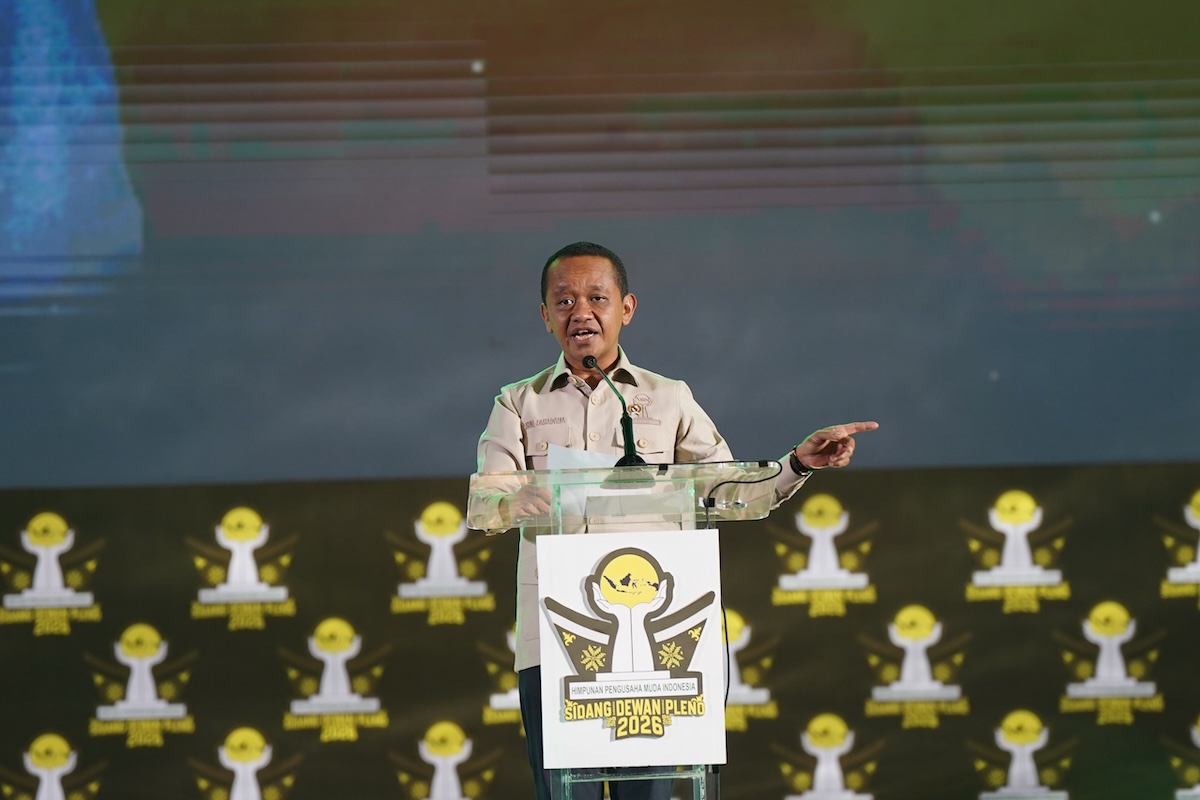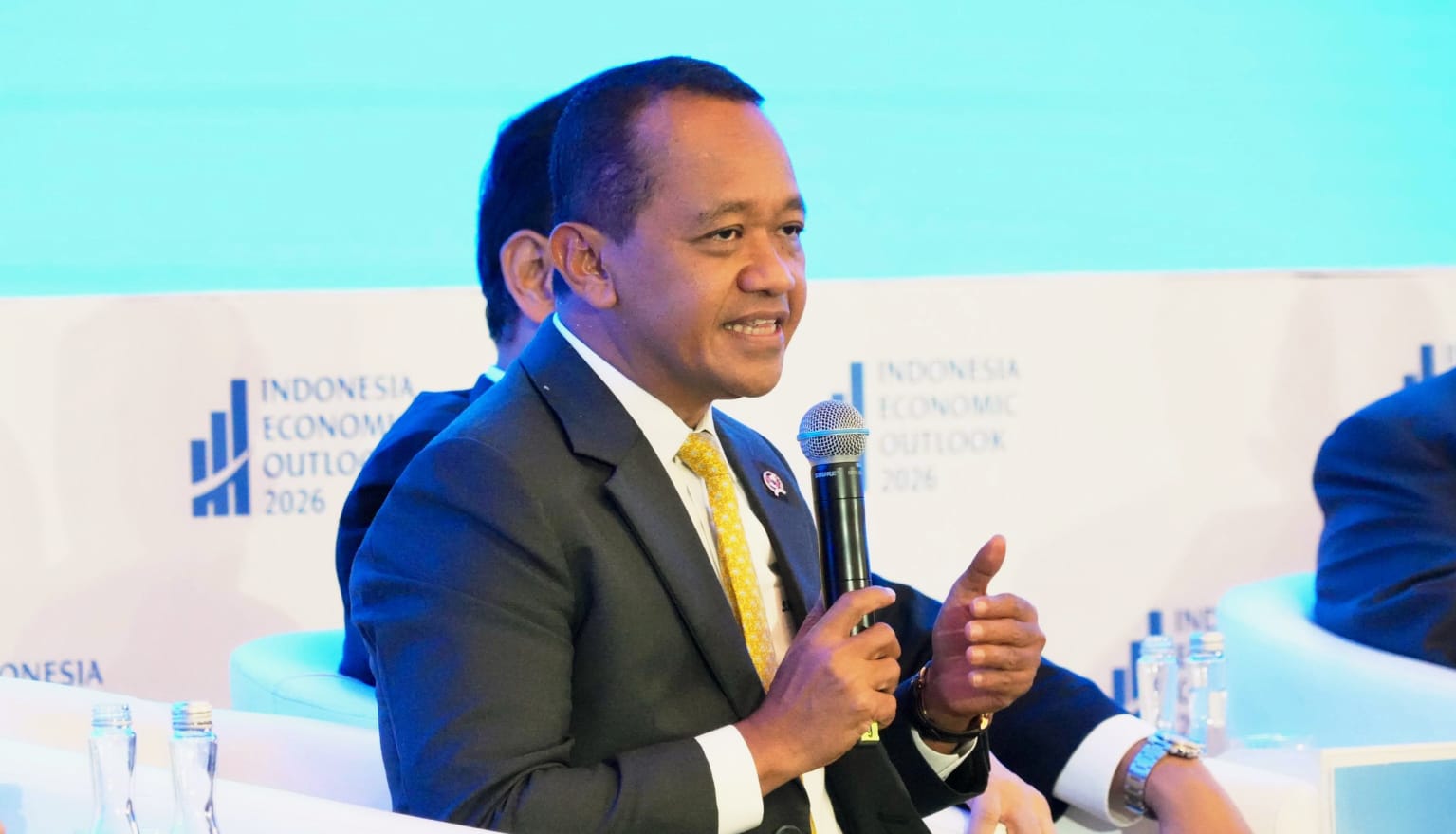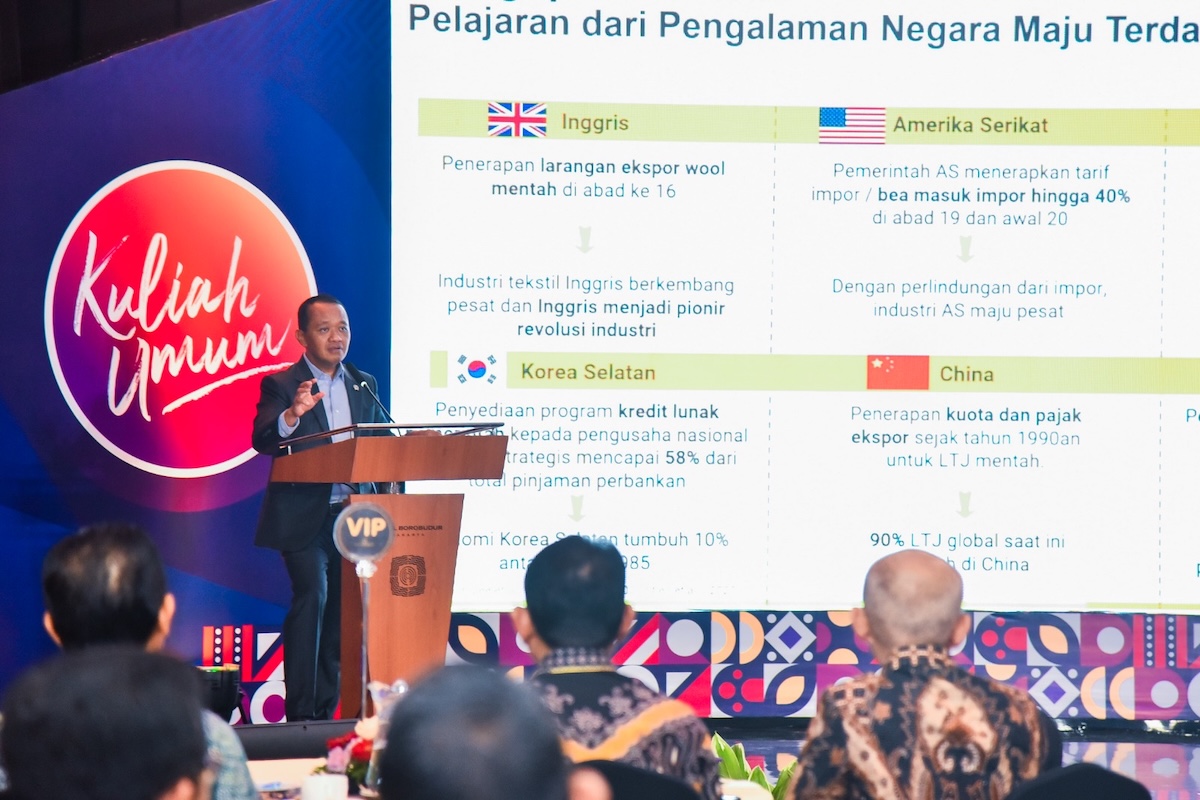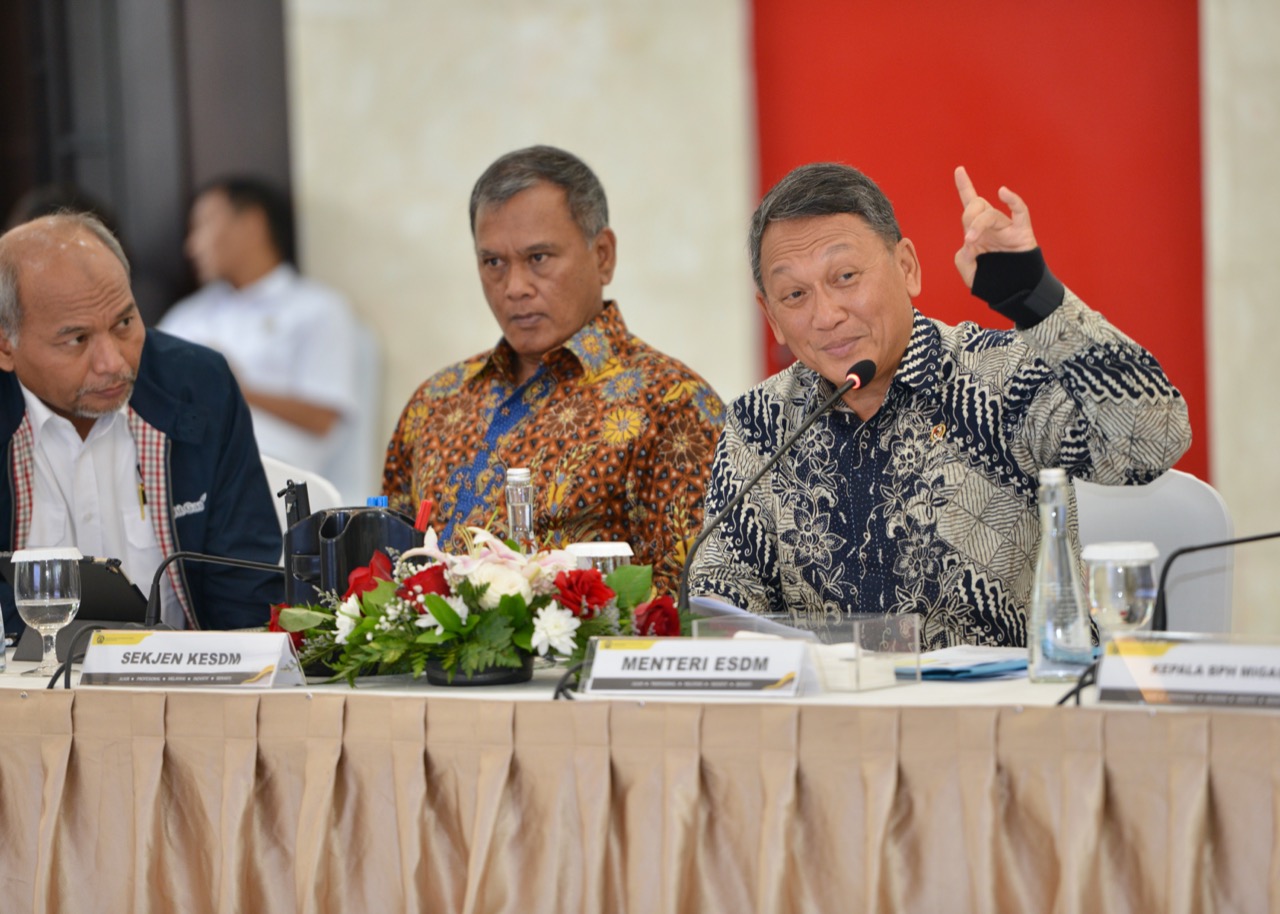
Minister of EMR Presents 2019 Achievements and 2020 Plans
MINISTRY OF ENERGY AND MINERAL RESOURCES
REPUBLIC OF INDONESIA
PRESS RELEASE
NUMBER: 022.Pers/04/SJI/2020
Date: 9 January 2020
Minister of EMR Presents 2019 Achievements and 2020 Plans
Minister of Energy and Mineral Resources (EMR) Arifin Tasrif and his ranks present the Ministry's achievements in 2019 and plans for 2020 at the press conference held this morning, Thursday (9/1), at the office of Ministry of EMR in Jakarta.
"The EMR sector is the largest contributor of Non-Tax State Revenue (PNBP), consisting of PNBP from Oil and Gas, Mineral and Coal, NRE, as well as other PNBP from Oil and Gas DMO, HR development services, education services, and R&D services organized by public service agencies (BLU) within the Ministry," said Minister Arifin opening the press conference.
Arifin explains the EMR sector contributes Rp172.9 trillion to the PNBP, or 81% of the 214.3 trillion target. The revenue is below target because assumptions about ICP and exchange rate changed. "ICP assumption was USD70 per barrel, realization is only USD62.37 per barrel; similarly, exchange rate was set at Rp15,000 per USD while realization is Rp14,102 per USD. The PNBP target for 2020 is Rp181.7 trillion," said Arifin.
Investment in the EMR sector in 2019, continues Arifin, is USD31.9 billion or 96% of the target USD33.4 billion, consisting of investment in the oil and gas subsector USD12.5 billion; electricity USD12.0 billion; mineral and coal USD5.9 billion, and NRE USD1.5 billion. Investment in 2020 is set higher at USD35.9 billion.
"Energy subsidies in 2019 amounted to Rp135.4 trillion, lower than the allocated Rp160 trillion in the State Budget. In 2020, Rp125.3 trillion is allocated for energy subsidies," Arifin continued.
In terms of budget implementation, Arifin affirms the Ministry's budget of 2019 was mostly used for infrastructure spending. "Budget realization in 2019 is 91.70% of the total funds Rp5.17 trillion. The 2019 realization is the highest in the last 10 years. In addition, budget management has improved as marked by a SMART point of 87.35 (higher than the national average of 73.60) and an IKPA point of 97.04 (higher than the national average of 93.97). The Ministry's Financial Report gets unqualified opinion from the Indonesian Audit Board for 3 consecutive years," explained Arifin.
Minister Arifin also reiterates that programs directly connected with the public such as One-Price Fuels and City Gas Networks (Jargas) will be better implemented. The Jargas as gas utilization for domestic needs should be used as much as possible to drive people's lives and economy. The Jargas can reduce household costs by Rp90,000 per month, as well as being more practical and environmentally friendly than oil fuels.
"In 2019, as many as 74,496 House Connection (SR) were installed, and in 2020 the target is 266,070 SR. The government will continue the Jargas Program to reach 30 million SR in 2035," said Arifin.
The Ministry also constructed groundwater bore wells at 560 locations to help people get access to clean water. In total, as many as 2,848 bore wells have been constructed. In 2020, the target is 1,000 bore wells.
Power Plant Capacity, Mandatory Biodiesel, and Mineral Added Value
In 2019, total installed capacity is 69.1 GW, increasing by 4.2 GW from the 2018 capacity of 64.9 GW. For 2020, installed capacity is targeted to reach 74.8 GW. To increase the installed capacity, the government urges the completion of the 35,000 MW Program, the majority of which have finished construction. The government also supports the construction of transmission and distribution networks by utilizing advanced technologies (smart grid and metering).
The capacity of NRE power plants is also optimized according to the mandate of the National Energy Policy set out in Government Regulation Number 79 of 2014, which sets out the new, renewable energy mix of 23% in 2025. Additional capacity of NRE power plants in 2019 is 376 MW, with 182.3 MW comes from geothermal power plant (PLTP), namely PLTP Mulut Balai Karimun, PLTP Sorik Merapi, and PLTP Muaralaboh.
The Ministry of EMR is revising EMR Ministerial Regulation Number 50 of 2017 on Utilization of Renewable Energy Sources for Electricity Procurement, and preparing draft Presidential Regulation that will support massive utilization of NRE.
In terms of Mandatory Biodiesel, B20 fuel started to be applied in January 2016, and has run well in the PSO sectors. On 1 September 2018, the government expanded mandatory B20 to non-PSO sectors such as electricity, mining, rail transportation, industries, and sea transportation. "Mandatory B20 is leveled up to mandatory B30 in January 2020. The target for biodiesel production in 2019 was 7.37 million KL, and the realization is 8.37 million KL. The domestic utilization is about 75%, equaling 6.26 million KL, so we have saved US$3.35 billion or Rp48.19 trillion of foreign exchange. In 2020, the biodiesel production is targeted at 10 million KL," said Arifin.
The government supports the utilization of coal for domestic needs, for example by giving incentives for gasification of coal into Dimethyl Ether (DME). In 2019, domestic coal utilization was 138 million tons out of 610 million ton production. The target for 2020 is 155 million tons out of 550 million ton production.
For increase in mineral added value, the government promotes both the development of smelter to increase added value and multiplier effect and the monitoring of smelter development as mandated by Government Regulation Number 1 of 2017 and ministerial regulation as its derivative regulation. Until 2019, as many as 17 smelters have been developed, while in 2020 additional 8 smelters will be developed. (IY)
The 2019 achievements and 2020 program is downloadable at the following link: click here
Head of Bureau of Communication, Public Information Services, and Cooperation
Agung Pribadi (08112213555)
Share This!

